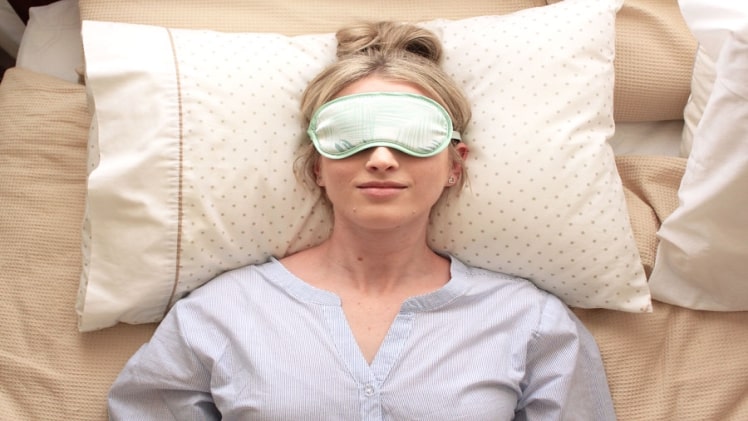Sleep contributes to your general wellbeing. And according to health experts, adults should sleep between 7-9 hours every night. Good quality sleep leads to improved productivity, reduced stress, and improved moods.
Even so, insomnia is a prevalent health condition affecting over 70 million individuals in the US. Several factors can trigger a lack of sleep, including stress, depression, neurological problems, and pain.
That said, insomnia can be quite challenging and can have a detrimental effect on your overall mood and being. Below is a breakdown of tips you can consider to effectively deal with sleeping difficulties.
Nighttime CBD Tincture
CBD has been shown to help treat insomnia and improve sleep quality. It is a cannabinoid found in both hemp and marijuana. However, unlike THC – the chemical compound that induces psychoactive effects, CBD does not get users ‘high’.
When taken before bedtime, a CBD tincture can help you fall asleep faster and stay asleep longer. In fact, a recent study examined the effects of CBD on sleep in 72 adults aged between 18 – 75 years old. The study found that CBD helped participants to fall asleep faster than without CBD treatment, and also improved the quality of their sleep.
Stick To a Sleeping Schedule
Even if you had a rough night’s sleep, go to bed and wake up at the same time every day. This will help your body develop a healthy sleep pattern that will allow you to fall asleep more easily at night and improve the quality of your sleep.
Evaluate Your Bedroom To Ensure Ideal Temperature, Sound, and Light
Most people sleep best in a slightly cool room (around 65° F or 18° C) with adequate ventilation. Also, make sure your bed is comfortable and supports your body properly. Some people may need to change their mattress or use special pillows for support or comfort.
If noise from outside is interfering with your sleep, try using earplugs or white noise such as a fan or air conditioning.
Cut Down on Alcohol, Nicotine, and Heavy Meals in the Evening
Alcohol, nicotine, and caffeine are stimulants. They keep your mind working and prevent you from falling asleep. A light snack before bedtime is okay, but be sure to avoid fatty or spicy foods that can cause indigestion or heartburn that could disrupt your sleep. Also, it’s advisable not to eat late in the evening because digestion is slow at night which will cause you to be sluggish in the morning.
Avoid Constant Naps
Naps are great but try to avoid taking naps late in the day so that your sleepiness can build throughout the day, and you’ll be ready to fall asleep when it’s time for bed. If you must nap, keep it short and before 3 p.m.
Manage Your Caffeine Intake
Caffeine stays in your system for about eight hours, and it takes about eight hours for it to clear from your body. This means if you drink coffee at 4 pm, even if you fall asleep at 11 pm, a third of the caffeine will still be in your system preventing deep, restorative sleep.
Ready to Get Quality Sleep?
There’s no one-size-fits-all solution to a problem that has plagued humanity for so long. But there are some general concepts to keep in mind if you’re having difficulty falling or staying asleep. Lack of sleep can be incredibly frustrating so try to improve the quality of your sleep with the tips highlighted in this article.

